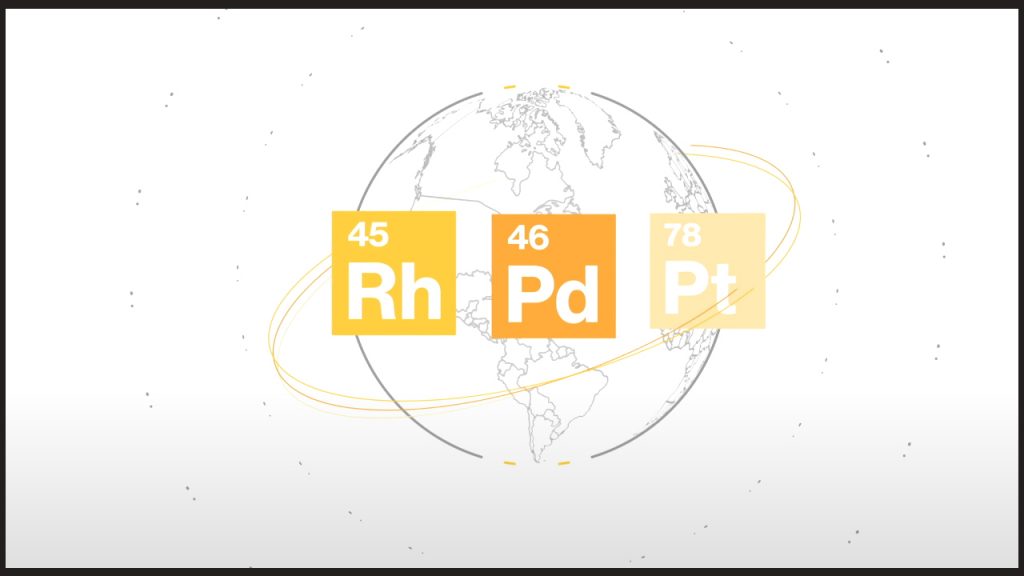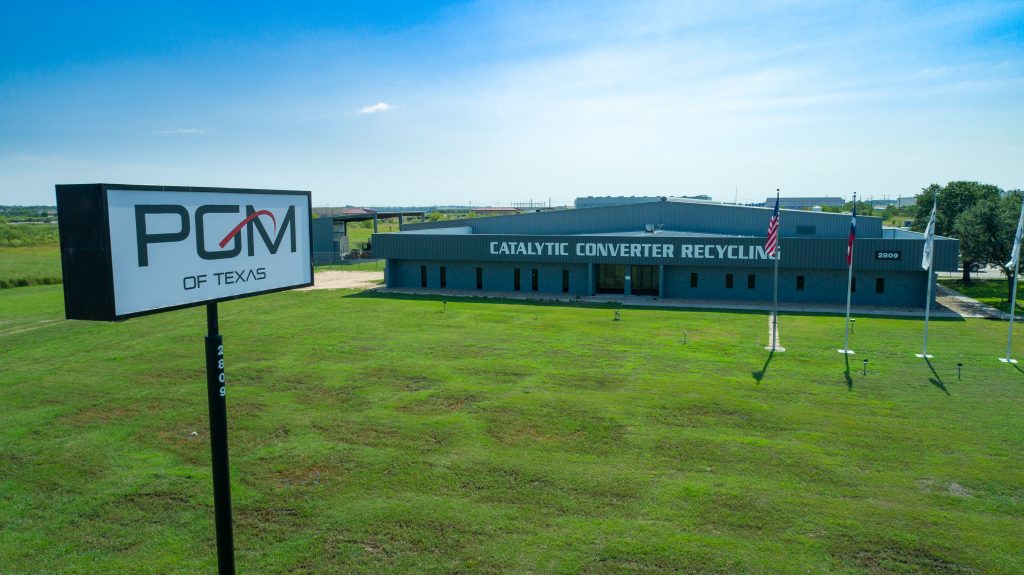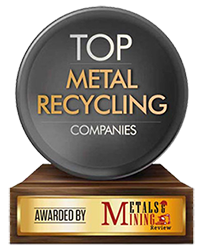Metals Made for More
Platinum, palladium and rhodium are some of the most versatile metals in the world. They’re used in everything from cell phones to solar panels, from cancer treatments to computer components, and, of course, catalytic converters.
They’re also some of the rarest metals in the world, found almost entirely in South Africa and Russia. When the flow of new metal from these volatile regions becomes constrained, we have to meet our supple needs in other ways—and recycling is the best way to do it.
PGM of Texas
Founded in 2010 in Dripping Springs, Texas, PGM’s roots in catalytic converter recycling stretch back to 1999 when CEO Allen Hickman started his first company. Since then, decades of experience and technical expertise have combined to make PGM of Texas an industry leader.
Thanks to strong organic growth and our acquisition of Maryland Core Inc. and Legend Smelting and Recycling in 2021, PGM now has more than twenty locations nationwide. Our facilities house four ceramic auto catalyst sampling lines, foil and O2 sensor sampling lines, more than fifty hydraulic shears, and two wet chemical laboratories.
Our leadership team is comprised of industry veterans and experts with hundreds of years of collective experience and an unyielding commitment to our core values. As part of our shared commitment to constantly improving our industry, we are affiliated with the following organizations: the Institute of Scrap Recycling Industries (ISRI), the International Precious Metals Institute (IPMI), the Automotive Recyclers Association (ARA), the Florida Auto Dismantlers & Recyclers Association (FADRA), and the Texas Automotive Recyclers Association (TARA).
Did you know?
- Nearly 800 pounds of earth has to be mined to produce the same amount of metals recovered from recycling just one catalytic converter
- More than 40 million converters are removed from vehicles each year in the USA alone as they reach the end of their useful life or are damaged in wrecks.
- Catalytic converter recyclers, like PGM of Texas, were designated as essential businesses and kept operating during the COVID-19 pandemic because the platinum, palladium and rhodium we recover is used in critical medical equipment (including ventilators) and other everyday objects crucial to our way of life..
- Platinum, palladium and rhodium are on the Department of the Interior’s list of critical minerals. This means that they’re “essential to the economic or national security of the U.S.” and have a supply chain vulnerable to disruption.












